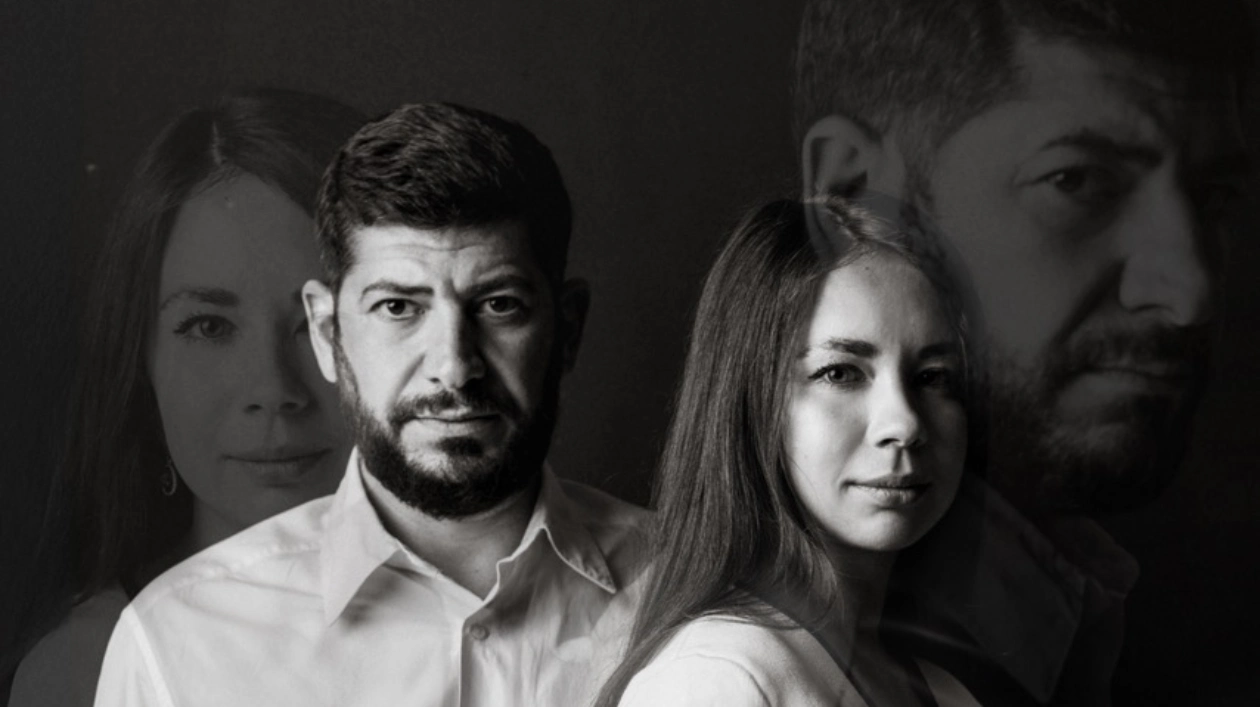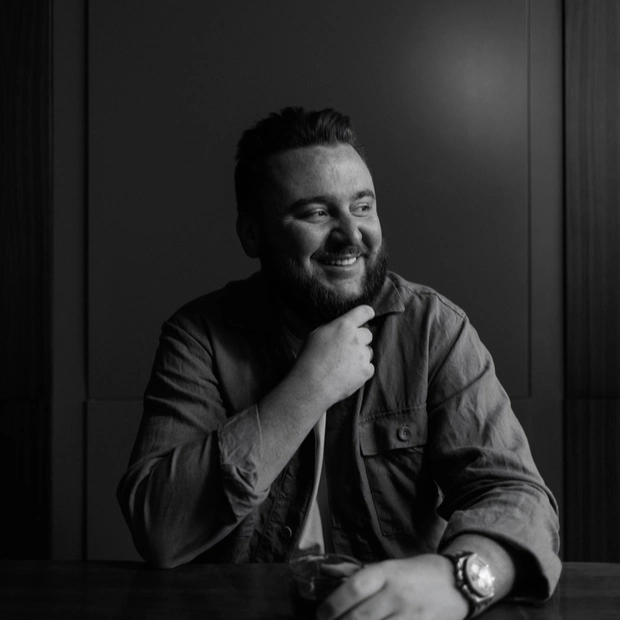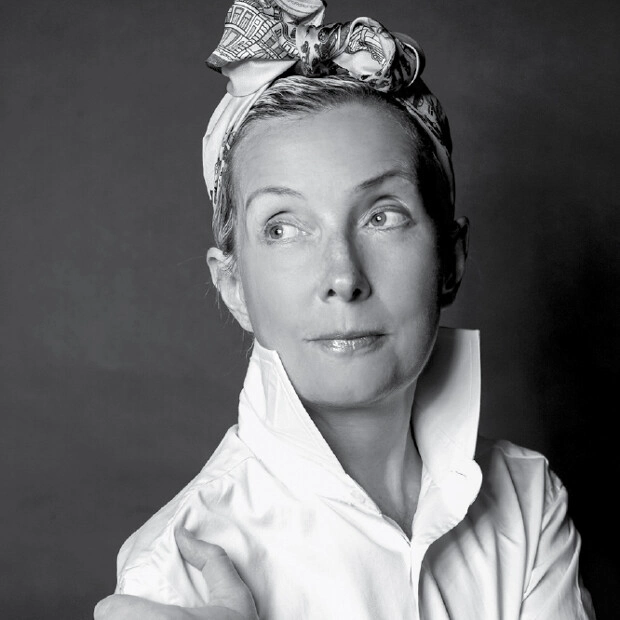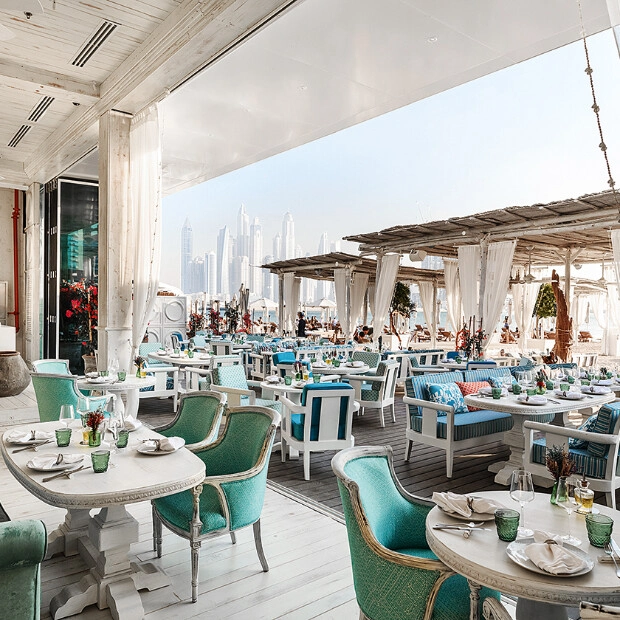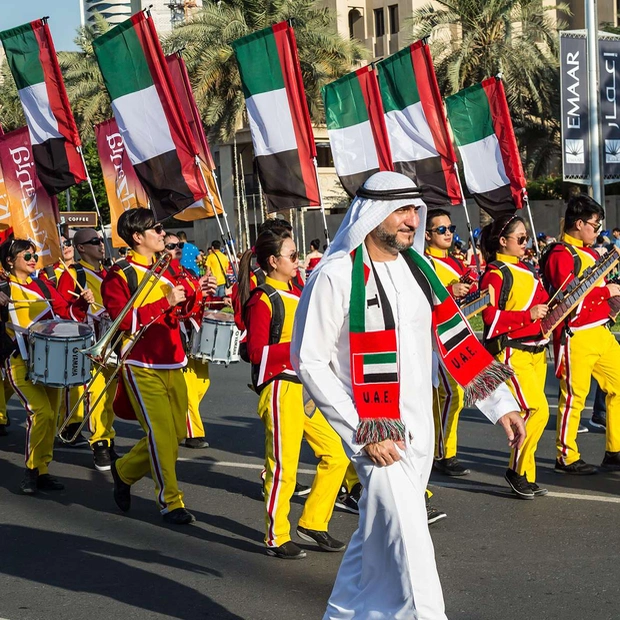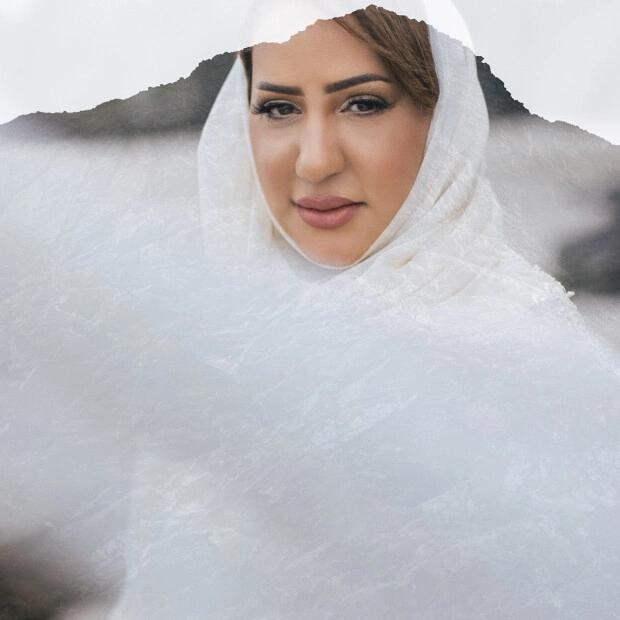Business Without Borders
In a world where boundaries between countries and cultures are becoming transparent, success in business often hinges on the ability to think broadly and non-stereotypically. CEO of Global Tax Assistant Smbat Alikhanyan and his partner Anara Malakhova are convinced that the key to prosperity in the business world is freedom of thought, thorough preparation, and the ability to see the big picture. Perhaps the advice to avoid confined spaces not only in business but also in everyday life will become a point of reference for those at the beginning of their journey.
Smbat Alikhanyan: I worked in public service from the age of 20 to 30, then left when I realised my presence there had lost its meaning. That's when I understood I wanted to become an independent businessman, making my own decisions about my fate and life. The entrepreneurial skill was first formed in Russia and then in the Arab world. I came to understand that even in the most difficult situation, like in the desert, it's always possible to extract water.
Anara Malakhova: Originally, I'm an accountant by education, with three honours diplomas from different universities, including studying at Cambridge. I worked in the "Big Four", was the CFO of Fendi and Monster Energy. But I dreamed of my own business. My first entrepreneurial experience was at the age of 16.
At a certain point, I realised I wasn't ready for the usual work schedule anymore. I wanted the ability to work remotely, especially in winter. I started doing bookkeeping on weekends and evenings. When the income from the business began to exceed my salary, I completely left employment.
For the seventh year now, I've been spending winters outside Russia. The first two years were in Asia, then I started going to Dubai. Initially, I ran the Russian business remotely while abroad. When the difficult period in Russia began, I was in Dubai and decided to earn locally in foreign currency. I love accounting, taxes, and the international direction has always attracted me. All the cards aligned in such a way that I needed to focus on this, earn in foreign currency, create the same kind of international outsourcing company where I once worked as an employee.
Smbat and I were introduced by a mutual friend who said we were somewhat similar and should talk. We started doing accounting for his law firm in Russia, kept in touch, and sometimes met for business. At one of the meetings, we were discussing the international direction; Smbat was planning to open in Dubai, like me.
At this meeting, he suggested developing together in Dubai, becoming partners, since I have an accounting company and he has a law firm. I had been offered partnerships before, there were even those wanting to buy out the business, but I didn't consider such an option. However, when Smbat proposed the partnership, my first thought was to agree. I trust my intuition and usually make decisions based on it.
My partner and I recorded all the agreements, handwrote who is responsible for what, how the profit is divided, what areas of responsibility each has. We discussed that I, as an accountant, know how to build operations well, while Smbat is excellent at making contacts and promoting the company from a marketing perspective. Each took on what they were strong at. On this basis, we united in the international direction. Thanks to our partnership, for the first time, I felt that I had someone to rely on in business, that I could go on vacation and know for sure that they would back me up, support me, and not miss important tasks. In partnership, we strengthened each other, and thanks to this, the growth rate became much higher than alone, as it was for each of us before.
Smbat Alikhanyan: Our business arose from a combination of two factors: demand for services and the availability of qualified personnel. Initially, clients of my law firm in Russia approached me with requests for assistance in various issues in the UAE, including accounting.
Our business is based on two principles: serving clients and "We do it" — seeing things through to the end. My partner Anara plays an important role in shaping the company's philosophy; she brings an element of customer care to the business. The specificity lies in long-term cooperation, so we pay attention to every detail. Recently, following the example of UAE rulers, we created a client happiness department to ensure not just quality of services, but client satisfaction.
Our company is called Global Tax Assistant. We provide consulting services: accounting, auditing, legal support, and corporate provider services. The head office is in Dubai. Project offices have been opened in Saudi Arabia and Qatar, with plans to open in Oman. Work is resuming in Russia.
The fewer surprises in accounting and legal issues, the better for clients. At the same time, we solve complex tasks — for example, we launched stores for clients in the UAE from scratch, obtaining licences and IDs in the shortest possible time.
Anara Malakhova: Our mission is to help businesses be large-scale and international. We assist businesses from the CIS in expanding in the GCC region and in those countries where we look to be present in future. And vice versa, we help foreigners develop their business in Russia. That is, we work with both flows, helping each to enter the international market and become more large-scale and global.
At the moment, we operate in six countries: Russia, the Emirates, Saudi Arabia, Qatar, Oman, and Bahrain. The first point in international scaling was the Emirates. It's a comfortable country for the first stage; it's much easier to enter the international market here. Now we have 210 clients in the Emirates on regular monthly support, 350 in Russia and up to 30 clients in other countries. Next year we plan to open in three more countries: China, Thailand, and Kazakhstan.
Our team consists of 140 people, of which 98 work for the international direction. In the Emirates, we have rather large clients: L'Etoile, Askona, Beluga, Bi-2, Duo and Babushka restaurants, Forest bath complex, Gulf Flowers, the largest flower supplier in Russia, SDEK, and other quite well-known companies from Russia.
Smbat Alikhanyan: According to official data, about a million Russian speakers live in the UAE. In the region as a whole, including Saudi Arabia and Oman, this figure might reach two million. Our target audience is Russian-speaking companies doing business in the region. In the UAE, we serve more than 10% of the roughly 2-3 thousand active Russian-speaking enterprises. The situation in Qatar is different — we are the only Russian-speaking consulting company registered in the local financial centre. There are about 300 companies with Russian-speaking beneficiaries in total, working in the oil, service, shipping, and trade sectors.
Each Arab country mentioned has its own characteristics. In Saudi Arabia, the company registration process can take six months; many issues are resolved only with personal presence. There are also cultural differences — for example, a mandatory religious tax. Qatar, on the contrary, is very open and digitalised. Oman is now very friendly to post-Soviet countries. The UAE, in my opinion, is the most advanced country in the region in terms of developing services for businesses and individuals.
The advantages of Dubai are the simplicity and clarity of all processes, low tax rates, and a high concentration of capital in a small area. An additional plus is the openness of the business environment. It's much easier to establish contacts and reach the right level here than in Russia.
The main thing is not to hurry and thoroughly analyse the situation at the very beginning. Russian entrepreneurs are used to acting quickly and decisively, but this approach doesn't work here. It's necessary to move at a measured pace, planning deadlines with a threefold margin. Any business project should be preceded by in-depth market research and selection of potential partners.
Cooperation with Arab partners requires a special approach. It's important to pay attention to personal relationships and show respect for local traditions. Before business negotiations, it's customary to inquire about the interlocutor's affairs and family.
Competition in the Emirates is quite high, especially in popular business areas. However, there are also niches with less competition where one can successfully develop. The key to success is to find your niche and offer a product or service that meets the needs of the local market.
Well, the main indicator of a successful business is regular dividends to the owner. In my case, it's monthly payments. I prefer a stable income, although business success is relative and depends on the entrepreneur's goals.
However, success is not measured by money alone. I have two simple but important achievements that make me a happy person. The first is my family. I have two young children and a good family who are ready to go with me to Dubai, leaving familiar places, and even live in the desert of Saudi Arabia if required. The second achievement is a strong partnership as a result of work and experience interacting with people. Now my life is built on these two things: partnership in family and business.
Anara Malakhova: My main achievement, of course, is the creation of Global Tax Assistant. I am very proud of our team, without which we would not have achieved the successes that we have now. I am also very proud of our clients, their ambitious views, and desire to scale. And, of course, my daughter Vlada. I love her madly; she always gives me a boost of energy, positivity, and is the main motivator.
Smbat Alikhanyan: There is a perhaps banal phrase, but I see its essence in everything: "In this world, there are no borders." We are creating a world without obstacles. I raise my children so that they have no boundaries, and I live that way myself. The Emirates are the most vivid manifestation of such a world, where all nationalities live.
Anara Malakhova: My daughter goes to a school where she has an Arab friend and an English friend. Our clients easily open businesses abroad and supply their services and goods outside Russia. My partner and I easily went to live abroad, taking our loved ones with us, arranging their life, and creating a familiar rhythm of life abroad. Our employees work all over the world: in Europe, Asia, the CIS, Turkey, and the Persian Gulf. These are the main characteristics of a world without borders, when you can live exactly like that. A world without borders is our common credo. Indeed, all the limits are only in our minds. You can open a business anywhere, of any kind. I believe that everything is possible, and the world definitely has no borders.
